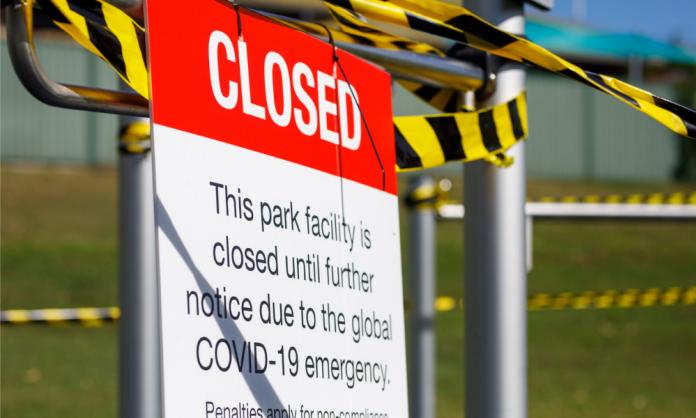For most of this year, the pandemic felt a world away from South Australia. As parts of the world have gone through their second and third waves, our state went nearly seven months without significant community transmission. Border restrictions protected the state from the Victorian and New South Wales outbreaks, and life seemed largely to have returned to pre-pandemic days. Most health restrictions were lifted and people socialised relatively freely.
There were regular updates of new cases involving people returning from overseas, but these were all quarantined in the state’s medi-hotels. Each SA Health update came with the same familiar phrase: “There is no public health risk”.
Now, as we scramble to contain the virus, the state has moved into the hardest lockdown in Australia so far. Health authorities were lucky to identify the latest cluster of COVID-19 cases as early as they did. On the evening of 13 November, an 80-year-old woman checked into the Lyell McEwin Hospital in Adelaide’s northern suburbs. Following her positive test result, which arrived less than 36 hours later, her case was traced to a family member who worked as a cleaner in a medi-hotel.
It has since emerged that mandatory testing for medi-hotel workers is not a feature of the quarantine system. After the mishandling of hotel quarantine triggered Victoria’s second wave of the virus in late June, you’d have hoped for a significant overhaul of the system.
Yet some aspects of Adelaide’s second wave are depressingly familiar.
The first is the use of casualised and underpaid security guards working for private companies to manage quarantine hotels. One guard who caught the virus at the Peppers quarantine hotel in the CBD later worked a shift at the Woodville Pizza Bar, where they spread the virus to another worker. That pizza bar is now one of the cluster’s hotspots. Nobody working in quarantine should need to work a second casual job. This is frontline work that should be paid a full-time wage. And the work should not be outsourced.
The second familiar aspect is the absence of properly resourced testing facilities. The long lines at testing stations are reminiscent of the first wave of the pandemic, people waiting up to ten hours in the heat only to be turned away. That there still aren’t the proper resources for a public health response nearly a year into this pandemic is criminal.
What is new this time is the rapid speed with which South Australia has entered the statewide hard lockdown, a decision made when 22 positive cases were recorded over three days. This is a much faster response than in Europe or in Victoria when they entered their second lockdowns.
For many months, big business, the federal government and the media waged a relentless campaign against the lockdown in Victoria, demanding that the economy be opened despite the virus spreading. We only have to look at the devastating second wave in Europe to see what would have happened if they had got their way.
But they didn’t get their way. Victorian Premier Daniel Andrews held fast to the lockdown strategy and was backed by most people. Victoria has now gone twenty days with no new infections or deaths.
The win in Victoria against the anti-lockdown campaign has set a precedent for other states. The state Liberal government, despite the usual ghoulish voices from the retail and hospitality industry criticising the six-day lockdown because of its impact on their businesses, has recognised that if it lets the virus spread out of control it would face a political disaster. So, the SA Liberals have been forced to introduce a policy that their federal and interstate colleagues have been campaigning to end.
Many of the Liberal politicians who spent months attacking Daniel Andrews for locking down Victoria, including Prime Minister Scott Morrison, have hypocritically backed their South Australian colleagues, as has the main industry group, Business SA.
There is no acknowledgment of their criminal opposition to lockdowns in the past. And nobody in the media seems interested in challenging them on it. But we should not forget their record of campaigning to prioritise profits ahead of lives. As late as this week, as the new outbreak emerged, federal Health Minister Greg Hunt was attacking state governments for closing their borders to South Australia while NSW Liberal Premier Gladys Berejiklian was ruling out further border restrictions in New South Wales.
Some of the talk from the Liberals and business groups is that a six-day hard circuit breaker will be the quickest way to get the economy reopened again. This is dangerous talk, and tensions can start to emerge about when to lift restrictions if the lockdown needs to remain for a longer period. Yet the imposition of restrictions shows that they acknowledge that lockdowns work to contain the virus.
As long as the global pandemic continues, we can expect more clusters to emerge in Australia. We should demand better quarantine, better testing, better contact tracing and better health care in general. We should also feel confident to demand proper lockdowns as a proven strategy for responding to COVID-19, accompanied with increased social spending to make sure that no worker is financially worse off as a result.








